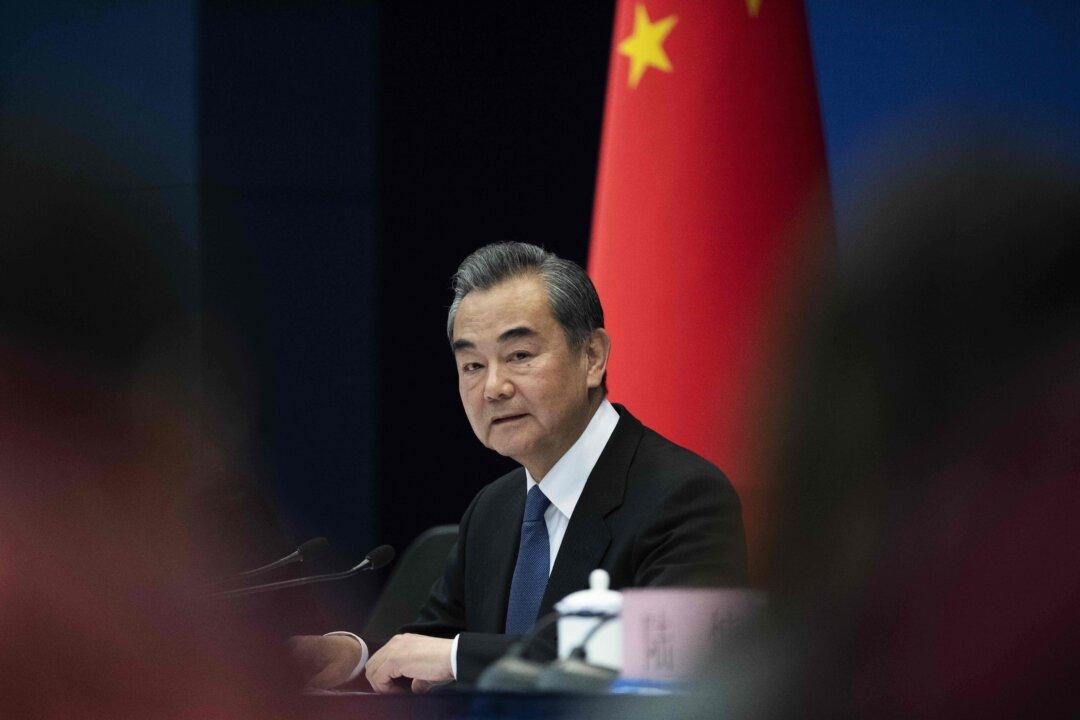It is an open secret that many Chinese have heard about before. China’s Ministry of Foreign Affairs offers sexual services to foreign diplomats as a form of bribery, so that they will do China’s bidding.
A specific example was recounted by a Chinese businessman who now lives in exile in the United States. He has since described many instances of corruption and abuse that he personally witnessed while working in China.





